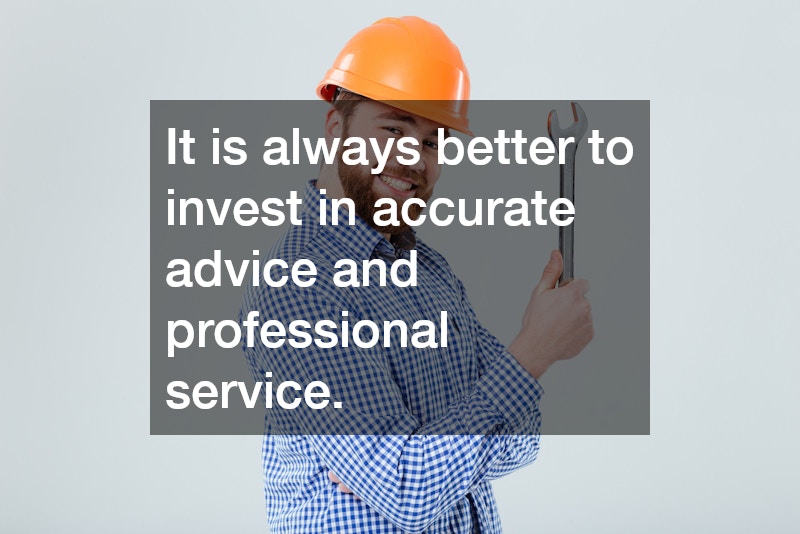Plumbers often find themselves correcting not just pipes and fixtures but also long-held misconceptions about how household plumbing works. Misinformation can lead to poor maintenance habits, costly repairs and avoidable damage.
By understanding what is true and what is simply a myth, homeowners can take better care of their systems and make informed decisions.
Myth 1: A Slow-Draining Sink Is Not a Big Deal
It is easy to ignore a sink that drains slowly, assuming it is a minor annoyance rather than a symptom of a larger problem. Many people believe that as long as water eventually drains, there is nothing to worry about. However, plumbers regularly warn that this is often an early sign of a developing blockage.
A slow drain can indicate that grease, food scraps or hair are building up inside the pipes. Left untreated, this can lead to complete clogs that may require professional intervention. In some cases, recurring slow drainage may even suggest issues further down the line, such as tree root intrusion or a collapsed pipe.
Routine maintenance, such as flushing drains with hot water or using a drain-safe cleaning solution, can help prevent these issues. Still, if the problem persists, calling a licensed plumber is the safest option. Ignoring the warning signs can result in water backing up into your home or damaging the plumbing system over time.
Myth 2: All Plumbers Are the Same
Another widespread myth is that all plumbers offer the same level of service and expertise. This belief can lead homeowners to choose a provider based solely on price without considering qualifications, experience or licensing.
In reality, plumbing is a skilled trade that requires formal training, practical experience and ongoing certification to ensure safety and compliance with Australian standards. Not all plumbers specialise in the same areas, either. Some focus on residential work, others on commercial projects or emergency services. Choosing the right professional for the job ensures it is completed correctly and reduces the risk of repeat problems.
Using a licensed plumber also provides legal protection and access to insurance coverage. If unlicensed work is carried out and something goes wrong, the homeowner could be liable for repairs and damages. Always ask to see a plumber’s licence and check whether they are registered with the relevant state authority before engaging their services.
Myth 3: Flushable Wipes Are Safe for Your Plumbing
The packaging might say “flushable”, but most plumbers would strongly advise against flushing wipes of any kind. These products do not break down in water the same way toilet paper does. Instead, they tend to clump together and cause blockages in household plumbing or even the broader sewer system.
This is a common cause of emergency plumbing callouts and significant damage to both residential and municipal infrastructure. In some parts of Australia, councils have launched public awareness campaigns to discourage flushing wipes due to the cost and disruption they create.
Toilet paper is specifically designed to disintegrate quickly in water. Wipes, even those marked as flushable, are not. They can catch on rough surfaces inside pipes, combine with grease or other debris and form hard masses known as “fatbergs.” These blockages are not just unpleasant to deal with—they can also result in backed-up sewage, flooding or expensive repairs.
The best practice is to dispose of wipes in a bin, no matter what the label says. If you suspect a blockage in your system, contact a plumber for inspection and professional clearing.
The Importance of Accurate Plumbing Knowledge
Many plumbing myths are born out of convenience or misunderstanding rather than malicious intent. Still, relying on outdated or incorrect information can cost you time, money and peace of mind. Seeking advice from qualified plumbers is the best way to ensure your system remains efficient and compliant.
Homeowners who understand the basics of how their plumbing works are more likely to spot early warning signs and take proactive steps to maintain it. This includes knowing what can and cannot go down the drain, recognising when DIY solutions are insufficient and hiring the right tradespeople when problems arise.
Modern plumbing systems are complex and subject to local building codes and environmental regulations. Whether you are planning a renovation or facing an emergency, having the correct knowledge helps you make smart decisions and avoid unnecessary stress.
Trust the Professionals for Long-Term Peace of Mind
Myths about plumbing may seem harmless at first, but they often lead to costly consequences. From blocked pipes to legal issues around unlicensed work, the risks are real. The best defence against misinformation is to engage qualified professionals who understand the specific requirements of your system and location.
Plumbers not only fix visible problems but also provide valuable insight into the long-term health of your plumbing. Regular check-ups and consultations can prevent emergencies and ensure that your home complies with all relevant standards.
Understanding the truth behind these common myths empowers you to take better care of your property and avoid preventable issues. In the end, it is always better to invest in accurate advice and professional service than to trust hearsay and hope for the best.



